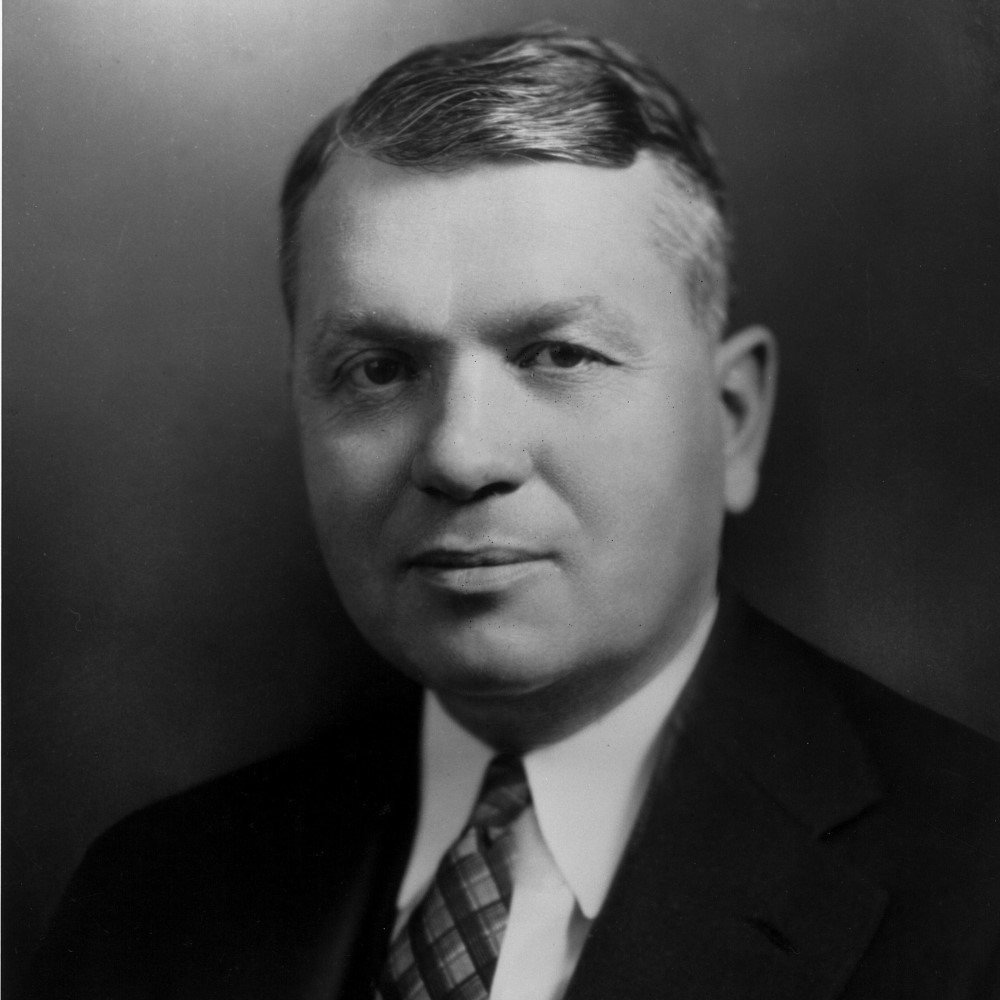
The Priestley Medal was awarded to Harold C. Urey
In 1973, the American Chemical Society announced that the Priestley Medal was awarded to Harold C. Urey “to recognize distinguished services to chemistry,” the Society’s most prestigious award.
During World War II, Urey’s team at Columbia worked on a number of research programs that contributed to the development of an atomic bomb for the U.S. Most important, they helped develop the gaseous diffusion method to separate uranium-235 from uranium-238. After 1950, Urey’s interests turned to the chemistry of the planets, and he is credited with pioneering the rigorous study of “cosmochemistry,” a term that he coined. Urey led the effort to convince the National Aeronautic and Space Administration to initiate moon exploration.
In his book “The Planets: Their Origin and Development,” Urey speculated that the early terrestrial atmosphere was probably composed of ammonia, methane, and hydrogen. In 1953, he and graduate student Stanley Miller performed a famous experiment on amino acid synthesis via electrical discharge in gases thought to be present in Earth’s original reducing atmosphere.
Tags:
Source: American Chemical Society
Credit: Photo: Harold C. Urey Courtesy: U.S. Department of Energy.
